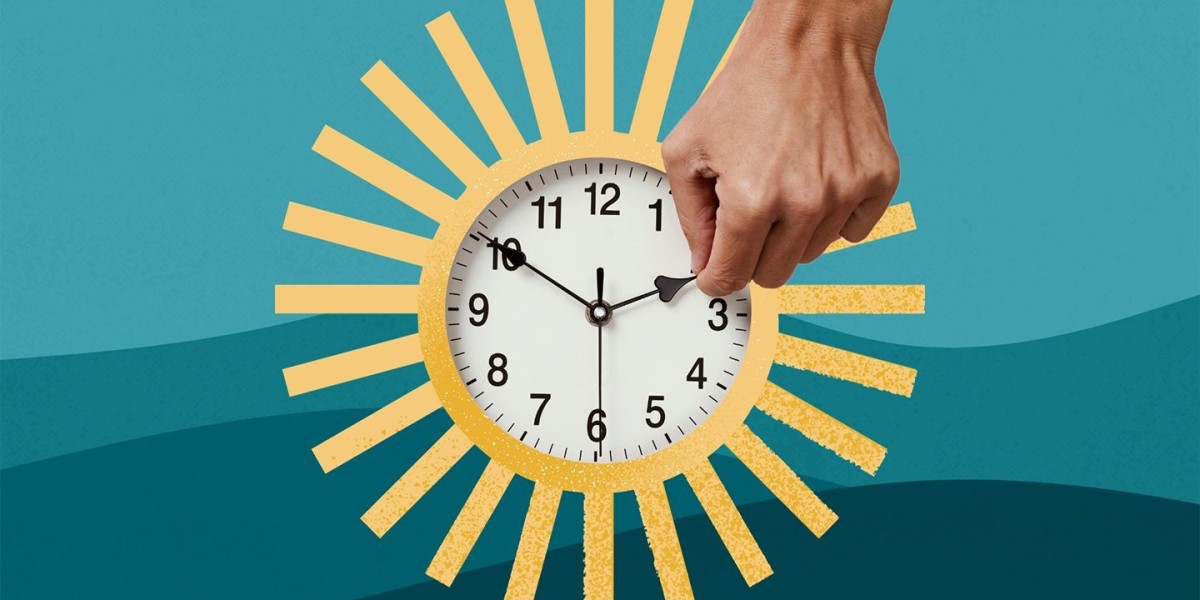If you find yourself rejoicing each year over the extra hour of sleep, we hear you. But some medical experts say the extra slumber may have some unintended consequences for our health.
Here’s what you should know about the science behind why this time change may not be so great for health, and some tips for easing the transition.
Changing the Clocks on the Walls Can Throw Off Our Body Clocks
And while many people may not feel all that affected by the change, large-scale data suggests that the risk of health problems like heart attacks and accidents may increase because of the change to and from DST.
But those changes happen gradually over the fall months as the days get shorter (particularly in places farther north). DST clock changes happen overnight. “It can take several weeks for your circadian rhythm to adjust to the change that the end of DST brings,” adds Whitney Hardy, MD, a family medicine physician at Ochsner Health Center in Gretna, Louisiana.



